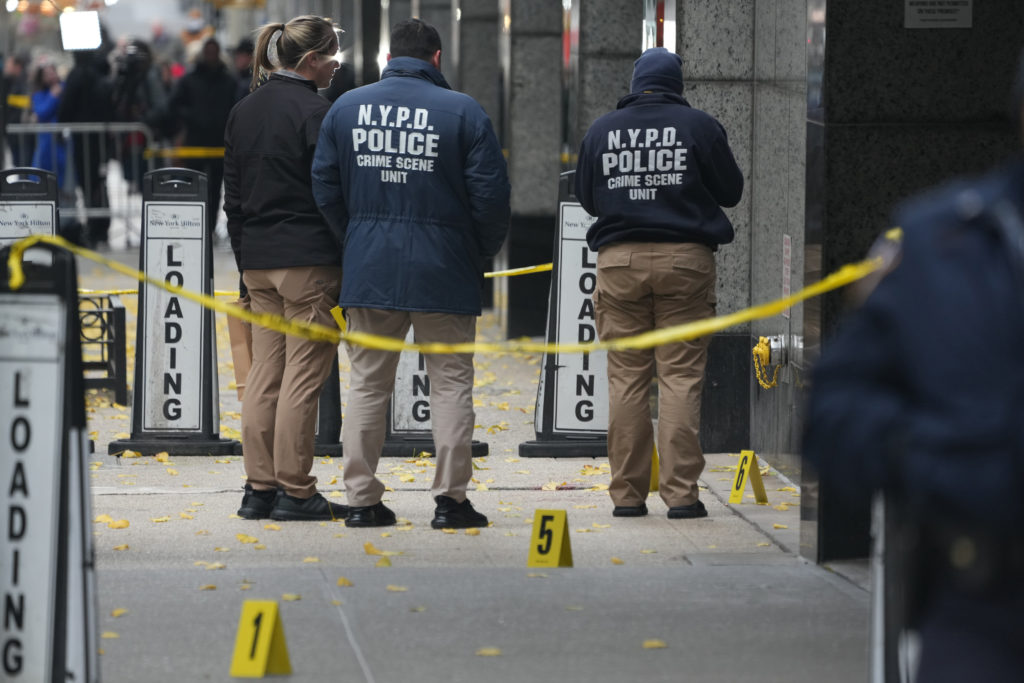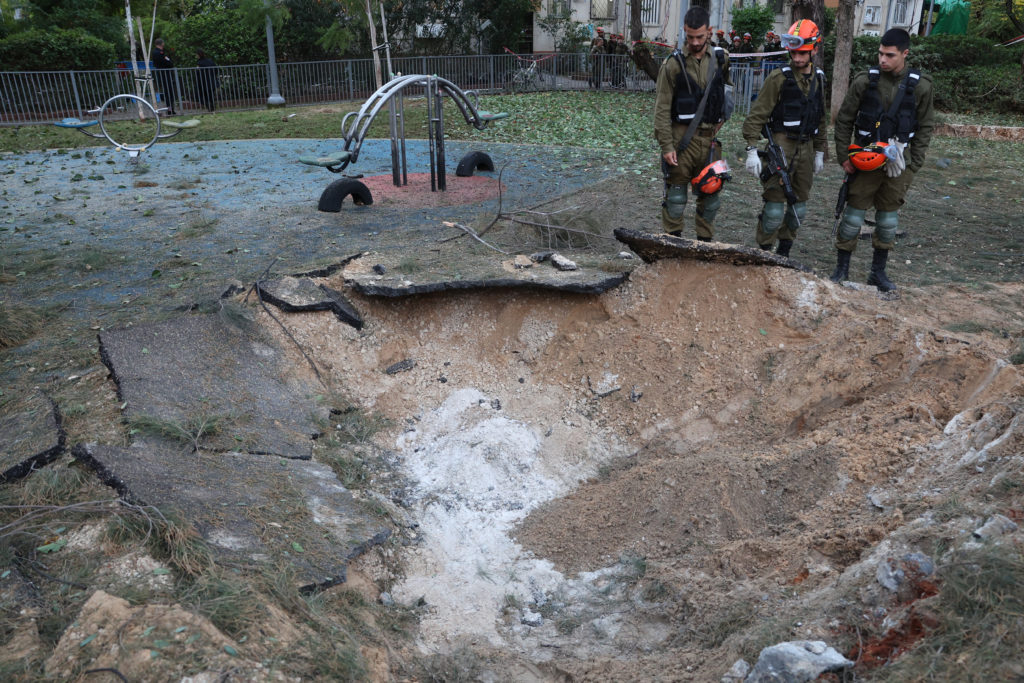Two years into the pandemic, China’s resurgent Covid-19 outbreak has revived questions about how the country counts deaths from the virus, with persistently low fatalities despite rising cases.
Shanghai, China’s largest city, has logged 190 deaths among more than 520,000 infections in nearly two months — a fraction of the rate in outbreaks fuelled by the Omicron variant in other parts of the world.
The figures have been trumpeted by the ruling Communist Party as proof its strict zero-Covid pandemic approach works, but experts say the data alone does not tell the whole story.
– How does China’s toll compare? –
Shanghai, the hardest-hit city in China’s current coronavirus wave, has logged a case fatality rate (CFR) of 0.036 percent — 36 deaths per 100,000 people infected since March 1.
China had wrestled domestic infections down to a trickle before the latest outbreak but, even so, the death toll is low compared with other countries lauded as Covid-19 success stories.
“If Shanghai had a similar CFR to New Zealand — 0.07 percent in its current Omicron outbreak — then it would have seen more than 300 deaths,” Michael Baker, professor of public health at the University of Otago in New Zealand, told AFP.
China has recorded fewer than 5,000 deaths from Covid-19, despite logging nearly 200,000 symptomatic cases and more than 470,000 asymptomatic cases since the start of the pandemic.
Countries have used different methodologies to identify and count coronavirus deaths, however, making comparisons difficult.
India, with a comparable population to China’s 1.4 billion, officially reported 520,000 Covid deaths after a devastating outbreak swept the country last year — though a forthcoming World Health Organization study reportedly puts the actual toll at four million.
Paul Tambyah, president of the Asia Pacific Society of Clinical Microbiology and Infection, said some countries with high tolls such as Britain have regularly recorded anyone who dies within 28 days of a positive coronavirus test as a Covid death.
A WHO spokesperson said the organisation had held “extensive consultations with all countries” on death data, without commenting specifically on China.
– What do the numbers show? –
One explanation for the low toll is that China may be “very strict about classification of Covid-related deaths”, Tambyah told AFP.
China’s health commission told AFP its toll counts virus-infected people who die without first recovering from Covid.
That leaves open the possibility of patients with underlying conditions aggravated by the virus being excluded from the toll if they die of those conditions after meeting the official criteria for Covid recovery.
Another factor could be China’s policy of aggressive mass testing, which may uncover more infections than countries such as India that have faced test shortages.
“The chances of you finding positive but asymptomatic and mild cases are very high,” statistically pushing down the overall death rate, Leong Hoe Nam, an infectious disease specialist at Singapore’s Mount Elizabeth Novena Hospital, told AFP.
But even so, “there is always a lag between cases being identified and reported, and people getting sick and dying from this infection,” added Baker.
The fatalities from the Wuhan outbreak at the beginning of the pandemic were later revised upwards by 50 percent by Chinese authorities.
Prabhat Jha, an epidemiology professor at the University of Toronto, said the overall toll from the current outbreak could be “a very large number” due to the large number of under-vaccinated elderly, and vaccines with lower efficacy rates.
– What’s the official explanation? –
Top Chinese epidemiologist Wu Zunyou has attributed the country’s low death rate to its strategy of early detection through mass testing.
“Keeping the scale of the outbreak to a minimum will completely avoid deaths caused by a squeeze on medical resources,” Wu said.
Beijing has also seized on the low death toll as an endorsement of its strict Covid policies, claiming to have placed human life above freedoms, unlike Western democracies that have suffered heavier tolls.
Mai He, a pathology expert at Washington University, said the data was “very much politically affected”.
– What about excess deaths? –
“Our best measure of undercounting Covid comes from comparing reported Covid deaths to excess mortality,” Ariel Karlinsky, from the Hebrew University of Jerusalem and a technical adviser to the WHO, told AFP.
That would mean comparing deaths attributed to all causes during the pandemic with numbers from non-pandemic years.
Karlinsky said China has been “skittish” about this number, with more detailed data shared only with “select researchers”.
Jha said previous estimates from China published in the international BMJ medical journal showed excess short-term deaths in Wuhan but not in the rest of China, which tallies with the official narrative of deaths.










